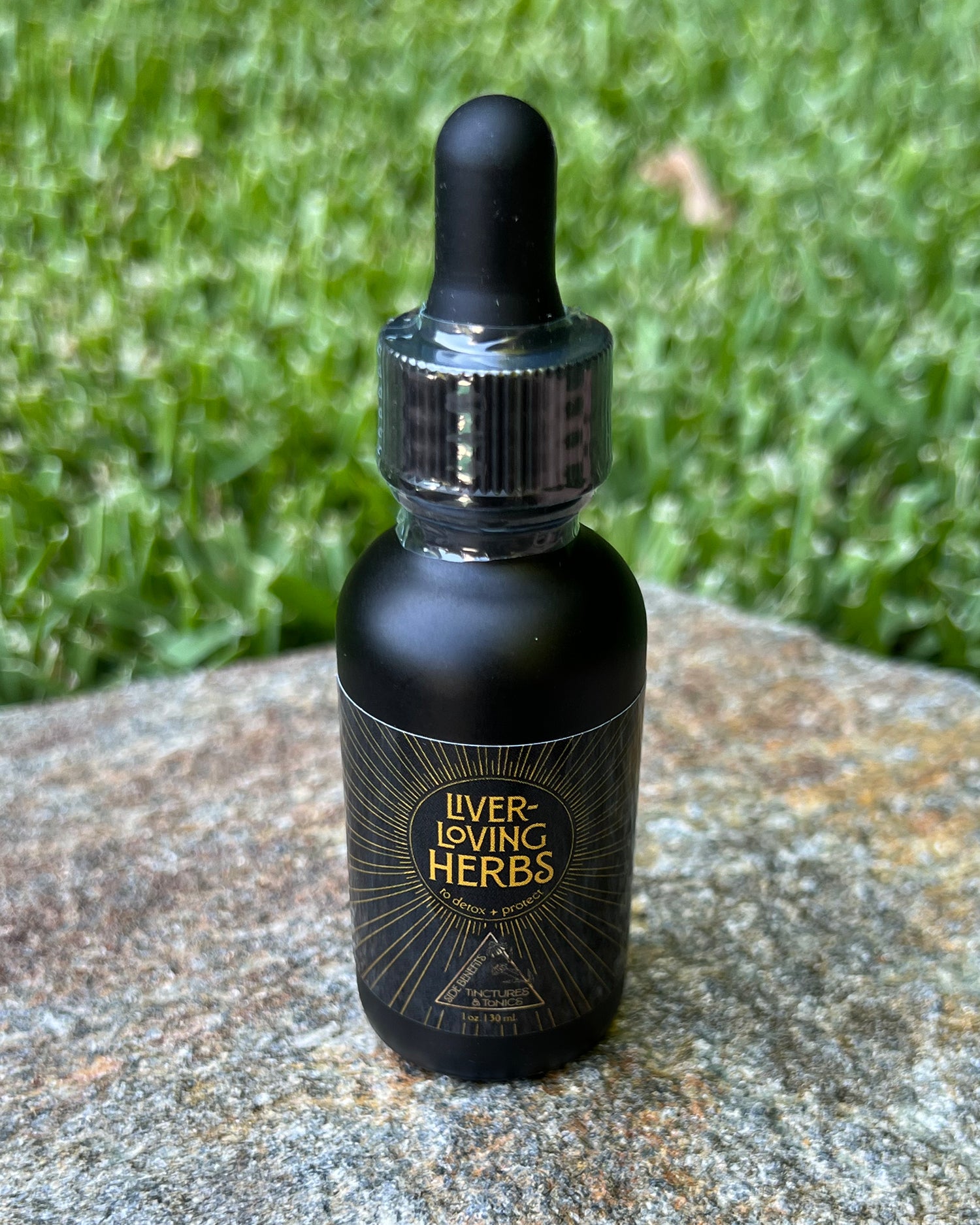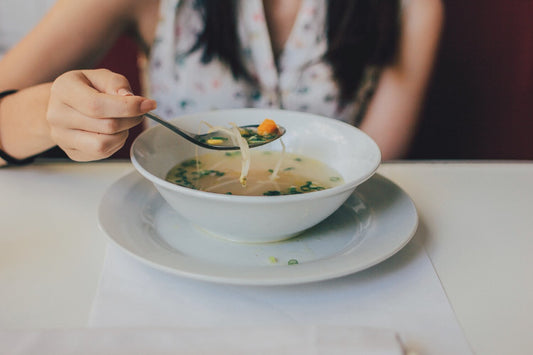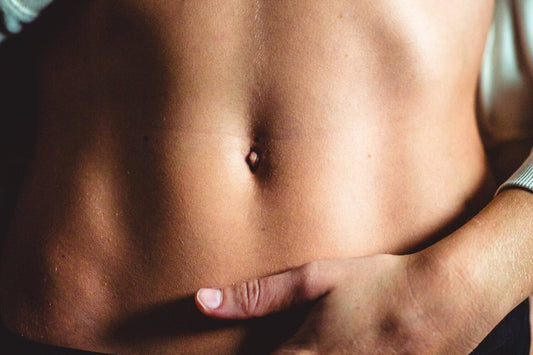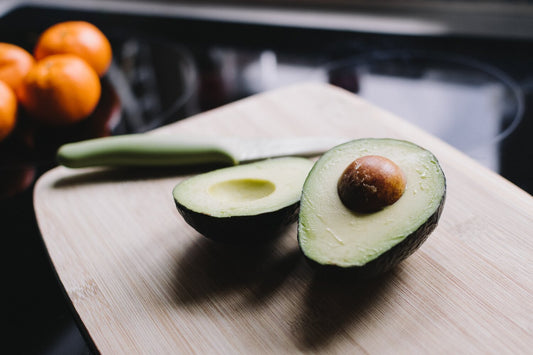Let’s start at the top (aka “North”)
The foods we choose to eat literally make up every cell, organ and tissue in our bodies. When we choose nutrient dense, properly prepared foods, our organs and systems are free to function properly without obstacles. When we choose to excessively drink alcohol or eat sugary foods, processed foods, low-fat foods, and hydrogenated (bad) fats that are devoid of nutrients – it’s our gut that will let us know we’re in the wrong first. And our attempts to feel better with a few Tums or Pepto – will only make it worse.
Move onto the middle
The highly acidic environment of the stomach is our biggest ally in digestion and best defender against parasites and pathogens. Our stomach needs to remain in this low pH (highly acidic) state to digest whatever we send its way. Sometimes when we eat the wrong thing––or entirely too much in one sitting––our esophageal sphincter allows a bit of this stomach acid to splash back up into esophagus, resulting in that burning sensation we all know as “heartburn.” When acid blockers like Tums or Prilosec enter the equation, we do feel better initially…but our stomachs don’t like this alkaline state, because they can’t break down our foods properly in such a high pH (low acidity/too alkaline) environment. As a result, proteins begin to putrefy; carbohydrates begin to ferment; and fats begin to rancidify.
Headed for disaster
Ideally, when our properly broken-down food leaves the stomach in the form of highly acidic chyme, the hormone secretin would trigger the release of pancreatic juice (sodium bicarbonate, trypsin, chymotrypsin, carboxypeptidase, lipase, and amylase) which serves to neutralize (alkalize) the chyme so as not to burn through the sensitive, protective, mucosal lining of our intestinal walls. When maldigested chyme and undigested fats are allowed to pass from the stomach through the ileocecal valve prematurely, the duodenum doesn’t secrete secretin, and the mass heads towards the small intestine, sans pancreatic juice (enzymes). The acidity of this mass literally assaults the mucosal lining and villi & microvilli of our one-cell-thick intestinal walls causing intestinal permeability or “leaky gut.” The tight junctions between these epithelial cells are the throughway between the intestines and bloodstream — controlling what is allowed to pass into the bloodstream from the digestive system. If we potentially have undigested fats, carbs and proteins (or other wrong things) freely entering the bloodstream or the lymphatic system, our immune system goes into overdrive because it doesn't recognize these undigested food particles as nutrients (see diagram). In this compromised state, our body will work hard to fight off the foreign substances, leaving us susceptible to pathogenic and fungal overgrowths, food sensitivities, seasonal allergies, systemic inflammation, and even chronic autoimmune diseases.

Fixing the leak
The ingredients we use to make up our meals and our methods of cooking are incredibly important. A dish can go from healthy to unhealthy really quickly just by improper preparation or the use of low-quality ingredients such as canola oil or grain-fed beef. Be sure to source only the highest quality ingredients – organic, local, pasture-raised, wild-caught, grass-fed/finished – are all descriptions to look for. Then know your fats and their smoke points (important: extra virgin olive oil is for drizzling only) to avoid rancidification – never purchase an oil in a clear plastic bottle and always check labels to see if partially hydrogenated oil or trans-fats are listed – then avoid like the plague. The Standard American Diet (SAD), or even a low-fat diet are not optimal for the gut/overall health and some of the worst offenders contributing to leaky gut include gluten, antibiotics, pesticides, tap water, aspirin and NSAIDS. Consuming healthy fats helps you absorb vitamins & minerals, and they are the best, most efficient sources of energy. Fats also help your body create cholesterol which is a building block for your sex hormones (as well as cortisol, vitamin D, aldosterone and bile). And I can’t stress enough how important healthy fats are for healing leaky gut – studies have shown that omega-3 fatty acids have anti-inflammatory effects and may protect against cancer.
The digestive system is delicate, complex and powerful. It even has its own nervous system called the Enteric nervous system which is connected to the brain via a thick nerve cable called the Vagus Nerve. It is also home to 95% of our serotonin (happy hormone) stores. So, when the gut is happy, we are too! On the flip side, when the gut isn’t stoked on life because of leaky gut (or other intestinal issues, like yeast or other pathogenic overgrowths), we can feel pretty bummed-out/stressed-out/anxious as a result. Removing stressors like food sensitivities, eradicating yeast overgrowths or pathogens (if present) and restoring the cellular-junction integrity of our intestinal walls with the therapeutic supplementation of certain key, tissue-healing nutrients (like L-glutamine) and healing foods (like bone broth) can go a long way towards repairing a leaky gut.
Healing your gut is an excellent thing to do for yourself and your health, but in order to heal, you need to identify the root cause(s), remove stressors (and actual stress) and work towards sealing your gut lining. Are you interested in learning if you have food sensitivities? Do you suspect you have a bacterial overgrowth? Curious about healing your gut in general after reading this? I can help!






